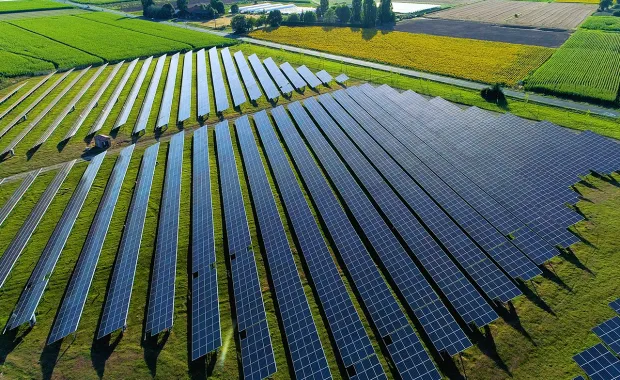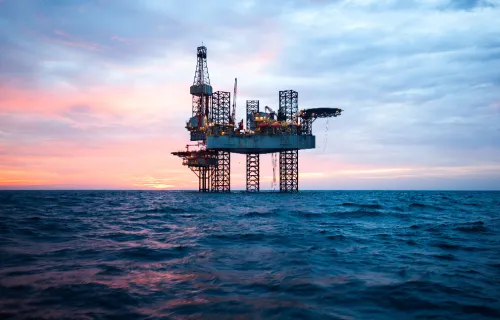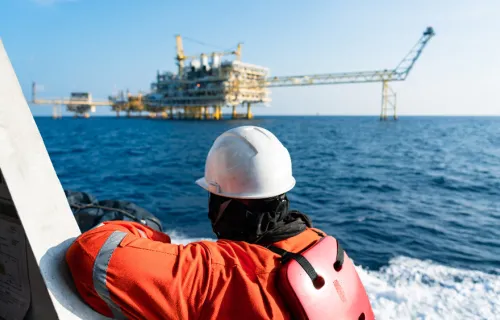With the world population increasing and living standards rising, we see a greater demand for energy globally than ever before. Climate change is accelerating and intensifying, as illustrated by the publication of the World Meteorological Organisation (WMO) and the Intergovernmental Panel on Climate Change reports (IPCC). Regarding net zero targets and reducing the impact of climate change, the largest polluters have recently announced targets to reduce emissions by 2050-2060 and are now looking to accelerate to achieve these.
At the end of 2015, all global leaders agreed a collective response to climate change, by pursuing efforts to hold the increase in global temperature below 2 degrees Celsius as part of the Paris Agreement.
This means the carbon emission rate has to peak around 2020 and emissions reduce by over 80% by 2050 to achieve net zero by the end of this century.
This drives the decarbonised energy future, moving away from the hydrocarbon’s molecule basis to the electron, or cleaner alternative energy-based value chains.
Download this white paper to learn more about the energy transition and moving towards a decarbonised future.




